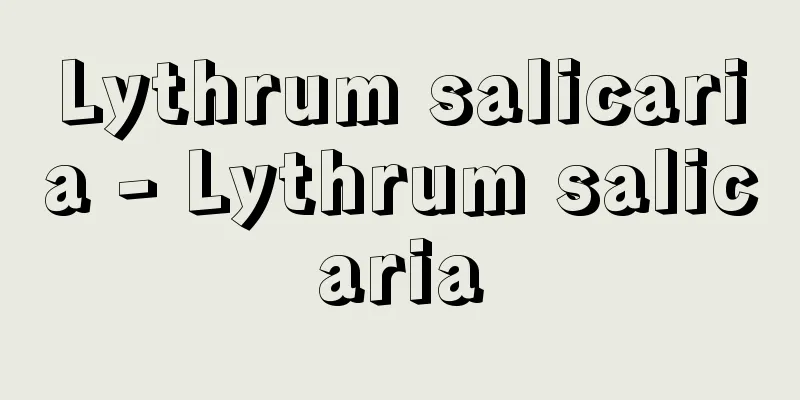Provincia (English spelling)

|
The territories outside Italy acquired by the ancient Roman Empire. It is translated as a province. Originally, the term provincia referred to the authority and territory of a magistrate, and was limited to mainland Italy. After the First Punic War, Rome acquired Sicily and then Sardinia, which were its first overseas territories. Rome imposed tribute on these territories, appointed two praetors, and established the provincia. However, after the annexation of Hispania in 198/7 BC, Rome did not appoint new praetors, but instead sent former consuls and praetors with the authority to command them as governors (→ proconsul, propraetor). Since then, provincia has come to mean overseas territories, and its scope expanded rapidly with the advance of Rome and the rise of the equestrian order (equites). The term of office of a provincial governor was one year, but gradually it became meaningless, and some governors stayed in office for long periods, accumulating huge wealth through taxes and tributes. Pompey (the Elder) and Julius Caesar were typical examples of this, and they not only used the Provincia as an economic base, but also exploited and used it as a base of their own power, for example by recruiting private soldiers. After Emperor Augustus (reigned 27 BC - AD 14), the Provincia was divided into areas under the direct control of the emperor and areas under the control of the senate, but important grain-supplying areas such as Egypt came under the direct control of the emperor, and all new territories such as Britannia and Dacia were also under the same control. The Provincia was a source of supplies and soldiers for Rome and Italy, and influential provincial governors sought ties with Rome through imperial worship groups and other means. However, as the Empire developed and economic independence grew, people from Prowincia began to appear in the upper echelons of the Empire, and in 212 Emperor Caracalla granted Roman citizenship to all citizens of the province, and as a result, the actual difference between Italy and Prowincia disappeared. However, the name Prowincia itself remained as a mere administrative division. Source: Encyclopaedia Britannica Concise Encyclopedia About Encyclopaedia Britannica Concise Encyclopedia Information |
|
古代ローマが獲得したイタリア外の領域。属州と訳される。元来プロウィンキアの語は政務官の権限,領域をさし,イタリア本土に限定されていた。第1次ポエニ戦争後獲得したシチリア,次いでサルジニアは最初の海外領土で,ローマはこれに貢納義務を課し,2名の法務官 (プラエトル ) を任命してプロウィンキアを設定した。しかし前 198/7年ヒスパニアの併合以後は新たな法務官は設けず,執政官 (コンスル ) ,法務官の命令権をもつそれぞれの官職経験者を総督として派遣した (→プロコンスル , プロプラエトル ) 。以来プロウィンキアは海外属領を意味することになり,ローマの進出,騎士身分 (エクイテス ) の台頭によってその範囲は急激に拡大した。属州総督の任期は1年だったが,次第に有名無実となり,長期にわたって任にあり,徴税,貢納により巨額の富を獲得する者も現れた。ポンペイウス (大ポンペイウス) ,ユリウス・カエサルはその典型で,プロウィンキアを経済的基盤とするだけではなく,私兵を徴集するなど,みずからの勢力基盤としてこれを搾取,利用した。皇帝アウグスツス (在位前 27~後 14) 以後プロウィンキアは皇帝直轄と元老院管轄に分れたが,エジプトなど重要な穀物供給地は皇帝直轄となり,ブリタニア,ダキアなど新しい領土もすべてそうなった。プロウィンキアはローマ,イタリアの物資供給,兵士調達地であり,属州の有力者は皇帝礼拝団体などを通じてローマとの結びつきを求めた。しかし帝政が進むにつれて経済的自立性が強まり,帝国上層にプロウィンキア出身者が輩出するにいたり,212年カラカラ帝の勅令で全属州民にローマ市民権が付与された結果,イタリアとプロウィンキアとの実質的な差異は消滅した。なおプロウィンキアの呼称自体は単なる行政区画名として残存した。
出典 ブリタニカ国際大百科事典 小項目事典ブリタニカ国際大百科事典 小項目事典について 情報 |
<<: Provocation (English spelling)
Recommend
Greetings - Greetings
It is a formal, almost ritualistic interaction th...
Skinner box
An operant learning experimental device invented b...
The Worcester Chronicles
…The original was compiled in the late 9th centur...
Amazon lily - Amazon lily
…It is also called Giboshi Zuisen due to the shap...
Toxicant from waste minerals
Toxic substances contained in wastewater and flue ...
Pudu mephistopheles (English spelling)
…An even-toed ungulate mammal of the Cervidae fam...
Once in a lifetime - Ichigoichie
A once in a lifetime encounter. A once in a lifeti...
Botta, PE (English spelling)
...The reason why such a wide and diverse academi...
Omiya family - Omiyake
...After the title of Kanmu was changed to Tonomo...
Potamogeton oxyphyllus (English spelling)
…[Maki Sachiko]. . . *Some of the terminology tha...
Hamalaiset (English spelling)
…The Suomi people, known as the Hämäläiset, trave...
Chinese talent - Karazae
〘 noun 〙 A person who is well versed in Chinese cl...
Shigella sonnei (English spelling) Shigellasonnei
… [Shoji Tachikawa]. … *Some of the terminology t...
New Haven
A port and commercial/industrial city on the Long ...
Overglaze painting
A technical term for ceramics, it refers to the p...









